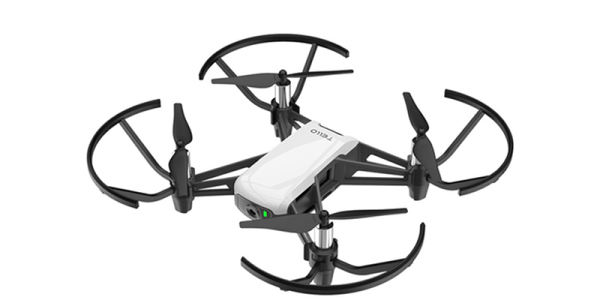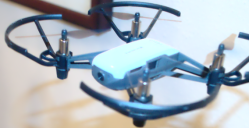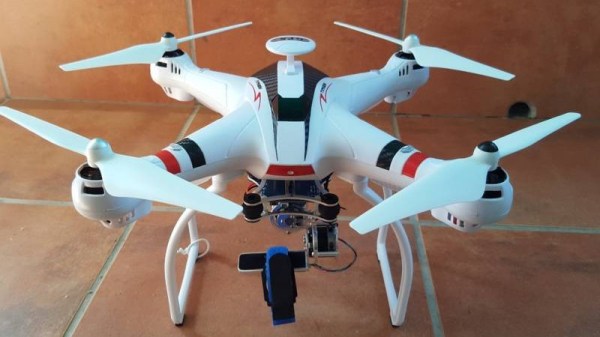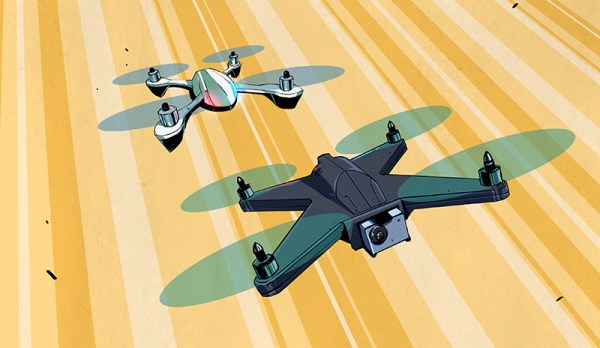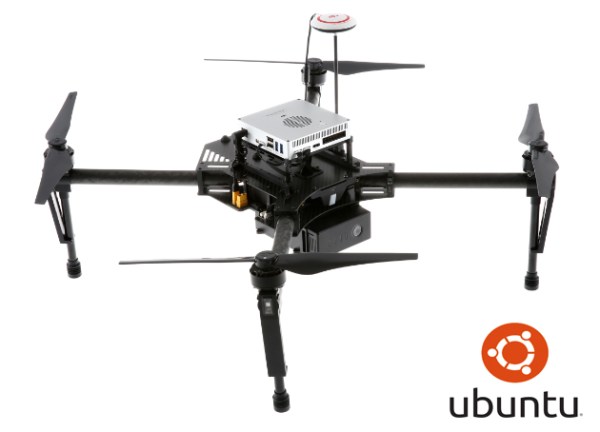Over the past few years the number of reported near misses between multirotors, or drones as they are popularly referred to, and aircraft has been on the rise. While evidence to back up these reports has been absent time and again.
We’ve looked at incident reports, airport closures, and media reporting. The latest chapter comes in the form of a BBC documentary, “Britain’s Next Air Disaster? Drones” whose angle proved too sensational and one-sided for the drone manufacturing giant DJI. They have penned an acerbic open letter to the broadcaster (PDF link to the letter itself) that says that they will be launching an official complaint over the programme’s content. The letter begins with the following stinging critique:
As the world’s leader in civilian drones and aerial imaging technology, we feel it is our duty on behalf of the millions of responsible drone users around the globe, to express our deep disappointment at the BBC’s negative portrayal of drone technology and one-sided reporting based on hearsay.
It then goes on to attack the tone adopted by the presenter in more detail : “overwhelmingly negative, with the presenter frequently using the words ‘catastrophic’ and ‘terrifying’.“, before attacking the validity of a series of featured impact tests and highlighting the questionable basis for air proximity incident reports. They round the document off with a run through the safety features that they and other manufacturers are incorporating into their products.
DJI have pulled no punches in their condemnation of the standard of reporting on drone incidents in this document, and it is a welcome and rare sight in an arena in which the voices of people who know something of multirotors have been rather lonely and ignored. The BBC in turn have responded by saying “its investigation had shown positive uses of drones and that its programmes were fair“.
Over the past few years we have reported on this issue we have continually made the plea for a higher quality of reporting on drone stories. While Britain has been the center of reporting that skews negatively on the hobby, the topic is relevant wherever in the world there are nervous airspace regulators with an eye to any perceived menace. These incidents have pushed the industry to develop additional safety standards, as DJI mentions in their letter: “the drone industry itself has implemented various features to mitigate the risks described”. Let’s hope this first glimmer of a fight-back from an industry heavyweight (with more clout than the multirotor community) will bear the fruit of increased awareness from media, officials, and the general public.
If you’d like to see the BBC documentary in question it will be available for the next few weeks to people who see the Internet through a British IP address.
Thanks [Stuart] for the tip!



